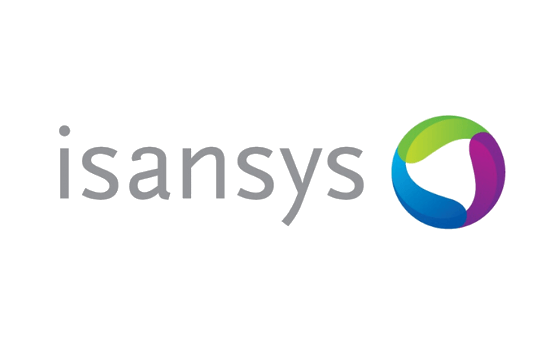 Isansys Lifecare, a digital healthcare company and developer of the Patient Status Engine, an innovative patient monitoring platform,and the Lifetouch wireless "smart patch" cardiac sensor, today announces the results of a study pointing to a new pathway for managing patients with advanced liver disease based on new methods employing data-driven biomarkers.
Isansys Lifecare, a digital healthcare company and developer of the Patient Status Engine, an innovative patient monitoring platform,and the Lifetouch wireless "smart patch" cardiac sensor, today announces the results of a study pointing to a new pathway for managing patients with advanced liver disease based on new methods employing data-driven biomarkers.
One hundred and eleven patients were included in the collaborative study between the University College London Royal Free Hospital, UK, and the University of Bonn, Germany,which showed that a significant reduction in heart rate variability is a feature of acute decompensation of cirrhosis and,remarkably, predicts 90‐day mortality in these patients.
In a preliminary study, the London team validated the Patient Status Engine and Lifetouch sensor as an ideal remote monitoring system and used it to create a baseline heart rate variability (HRV) data set from a group of healthy volunteers. They then used the Lifetouch to assess heart rate variability (HRV) remotely and non-invasively on patients admitted to the Royal Free Hospital with an acute decompensation (a significant deterioration) of advanced cirrhosis.
The results concluded that continuous, wireless monitoring of HRV is feasible in patients with advanced liver disease. The study also supported the hypothesis of both hospital teams that reduced HRV, correlates with severity of liver decompensation, facilitating the identification of high-risk patients, and allowing for timely interventions. In light of these findings, the study suggests the future potential for such continuous monitoring and the prospective health economic benefit of measuring HRV remotely.
The report said: "Traditional ECG measurement of HRV encompasses short-term 5-minute ECG segments being interpreted separately as reflecting HRV in that specific time window, under stable physiological conditions. The Lifetouch system by contrast, not only facilitates continuous monitoring irrespective of the individuals' daily activity or physical ill-health but also helps negate the short coming of limited ECG time capture which make further interpretation difficult. Using the remote monitoring device, we were able to interpret HRV in all monitored in-patients with acute decompensation."
Keith Errey, CEO of Isansys, said: "We are pleased to have been able to contribute to this important and groundbreaking workthathas shown how patients, clinicians and providers will benefit from a new class of data driven biomarkers. We look forward to continuing the work with the two teams on the next full-scale demonstrator phase of this vital project.
"The Patient Status Engine is more than a remote patient monitoring platform. It is able to directly produce the most complete and accurate physiological data sets outside an intensive care unit, for all patients including those at home. These data sets are the basic requirements for transformative new ways of diagnosing and managing patients as AI and deep learning methods become more widely used in healthcare."
About Isansys Lifecare Ltd
Isansys is a best in class digital healthcare company with an innovative patient monitoring platform, streamlining patient observations and enabling the early detection of deterioration in patients. With adequate warning of adverse events, clinicians can intervene more quickly and confidently, and patient outcomes can be improved. The Patient Status Engine (PSE), Isansys’ proprietary technology platform, is a complete end-to-end, fully certified Class IIa CE-marked and class II 510(k) cleared medical device which uses wireless body-worn sensors to automatically collect and analyse vital signs continuously and in real-time using proprietary algorithms. This data is then streamed via a patient gateway network and delivered to the nurses' station or remotely to clinicians.Clinical teams globally are using the data collected and analysed by the PSE to gain insights into the future health status of their patients, which is achieved through data-driven methods such as predictive algorithms, the automatic calculation of Early Warning Scores, and new physiologically based biomarkers. These enable clinicians and nurses to improve patient outcomes and reduce the costs of hospital stays and facilitate proactive care. The wireless nature of the PSE also means patients can be monitored in hospitals, in the community or at home.
Isansys a privately held company based in Abingdon, Oxfordshire, England.